During his presentation of the budget bills during the House floor session Friday State Representative and Chairman of the House Finance, Ways & Means Committee, Charles Sargent (R-Franklin) misrepresented the Copeland Cap constitutional amendment several times.
Charles Sargent has served in the Tennessee House since 1997, became a member of the House Finance, Ways & Means Committee in 2003, Vice-Chairman in 2009, and Chairman in 2011, a role in which he continues to serve.
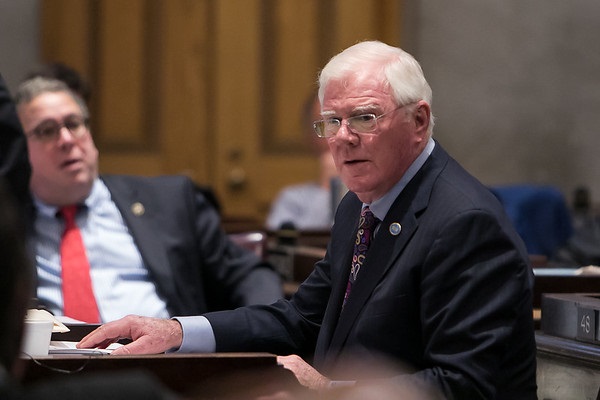
The 1978 amendment to Article II, Section 24 of the Tennessee constitution, named for its sponsor former Representative David Copeland, states, “In no year shall the rate of growth of appropriations from state tax revenues exceed the estimated rate of growth of the state’s economy as determined by law.”
In the specific case of Sargent presenting HB 514 to the House membership for passage as part of the budget, the operative word is “appropriations,” when referring to growth by the state, not revenues as Sargent maintains throughout the discussion on the bill.
According to Merriam-Webster, the definition of appropriation is “money set aside by formal action for a specific use,“ whereas the definition of revenue is “the yield of source of income (such as taxes) that a political unit (such as a nation or state) collects and receives into the treasury for public use.”
In his first sentence introducing the bill, Sargent, noticeably reading from something on the podium, “It shows that revenues exceeded the growth of the state’s personal income by 2.85 percent for fiscal year 17. The 438 million will recognize revenue that already has been received.”
Rep. David Alexander (R-Winchester), rising in opposition to the Copeland Cap bill and referring to the $438 million being “a lot of money,” reminded House members, “The Copeland Cap is an amendment that the people of Tennessee thought was something good enough to do, that they passed it. It wasn’t just the legislature, it was the people of Tennessee.” Alexander encouraged others to join him, which would take “some courage, some audacity and some good old-fashioned hard-headedness to say no here in a few minutes.”
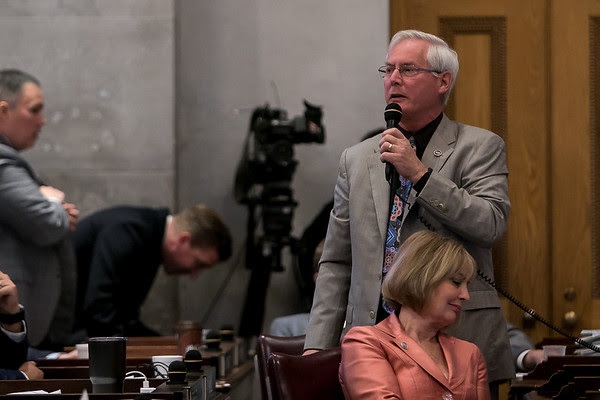
Sargent rebutted by saying a second time, “The only thing I want to say is this has nothing to do with expenses. This has to do with excess revenues coming in. It’s all about money coming in, not what money is spent. I want to make a clear distinction between that as far as that’s concerned.”
When Rep. Bud Hulsey (R-Kingsport) asked if it is “a rule that if any time state revenue exceeds the rate of growth, that mechanism itself would violate the cap,” Sargent responded, “It doesn’t violate the cap. It breaks the cap.” He continued,
All we are doing is notifying this body that we are going over the cap. That’s the trigger point that we have to notify members of this House that we are breaking the Copeland Cap. There is nothing wrong with breaking the Copeland Cap or anything of that nature. But, we have to address it and explain it to the members of the House, and that’s what we’re doing.
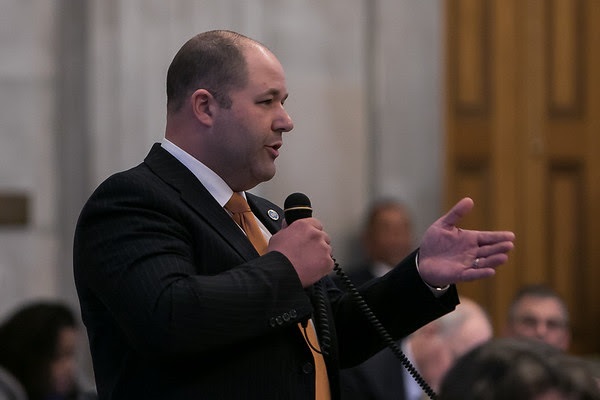
Rep. Andy Holt (R-Dresden), pressing for clarification, asked specifics referring to the income, if the budget proposal spends the $438 million that’s 2.85 percent above the cap, and if the revenue were to be recognized if it is anticipated to be spent currently or in the future.
Sargent first denied the funds were going to be spent, responding, “No we are recognizing, we are not spending. We are recognizing the $438 million over collection in the year 16-17. We’re not spending, we’re recognizing income.”
But, then, Sargent contradicted his own response by saying, “The appropriations bill that you just voted on, the first bill you voted on spends the money that was in that appropriation and that $438 million was included in the $37 billion amendment. Yes.”
Holt, drawing on his economist background and well-known passion for agriculture went on to use a comparison to tomatoes, saying that as a way to control the state’s growth, the $438 million could be set aside, unlike 438 million tomatoes.
Holt concluded, “There should be an anticipation that government does not grow more than personal income growth in the state of Tennessee. What we’re saying, we’re acknowledging if we vote for this, that’s okay, we can grow government more than personal income. I have a problem with that.”
Rep. G. A. Hardway (D-Memphis) inquired as to who had the responsibility for notification as Sargent said earlier.
Sargent replied that the Copeland Cap, “All it says in there that what this is is a triggering avenue that we would notify the body when our revenues increase. It has nothing to do with expenditures that our revenues are over our personal income growth.”
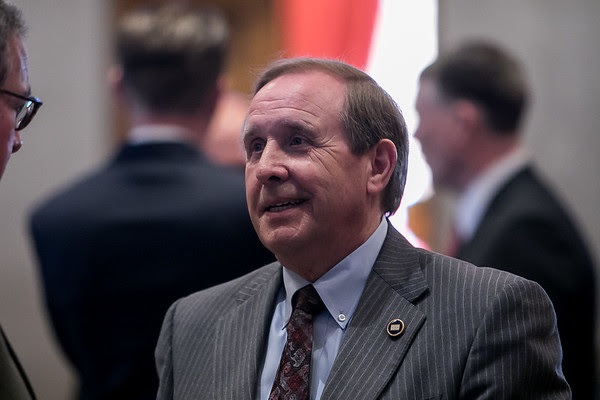
Responding to Hardaway’s additional questions on the theory and best practice behind the Copeland Cap to inform the legislature to recognize the revenue in order to use it, Sargent thought Copeland said, “We should notify citizens when we are bringing in more money than what personal income is growing.”
Rep. Mike Carter (R-Ooltewah) has a long history with Rep. Copeland going back to when Carter was a senior in high school and came to the House as a guest of Copeland, who is now Carter’s constituent. Carter said of Copeland, “I tend to listen to him about what is meant by this.” Carter continued,
Representative Holt summed it up as well as he (Copeland) does. It is simply this. It was his attempt to put brakes on the growth of government so that no growth might occur in excess of those we govern. It was his attempt to link us together, so that we could not exceed them. So that we had to make sure we took care of the citizens so they grew as well as government.
Carter explained the challenge with the Copeland Cap, “because it will always come up the day we have to vote on the budget.”
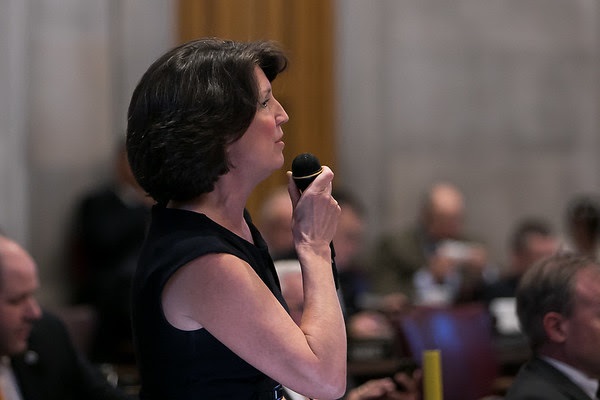
Two years ago, Carter brought the budget to Copeland, asking him to review it and give some advice. Copeland’s conclusion when he and Carter met about two weeks later, “I can’t figure this out. You all have gotten so big, so complicated, so extraordinary, you’ve exceeded my level of knowledge,” suggests the very growth in state government the Copeland Cap seeks to control is the root cause of the problem.
Rep. Susan Lynn (R-Mt. Juliet) was the only House member to speak in favor of breaking the Copeland Cap. Lynn said, “The money that we’re talking about is the surplus budget revenue,” and continued “It is money that is returned to the treasury because of six sigma projects that our state employees did.” Lynn’s assertion that “This money would have been spent in 2016, had this money not been saved through efficiency projects,” contradicted Chairman Sargent’s report that the revenues were an over collection due to unexpected growth in revenues beyond the projections.
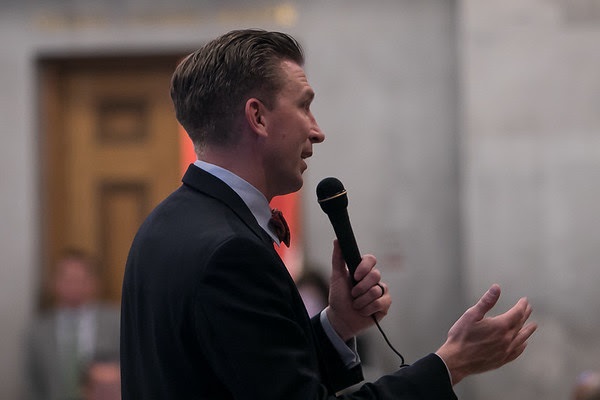
Republican Caucus Leader Ryan Williams (R-Cookeville), while rising “in a similar posture as my good friend from Hamilton County,” referring to Rep. Carter, said he looked at the numbers in a similar fashion as Chairmen Carter and Sargent. Williams then offered a change in the discussion by asking if Chairman Sargent thought that Copeland could have imagined that “fiscal conservative policy, despite cutting hundreds of millions of dollars in taxes, would result in the kind of increased revenue that we see today as it’s compared to personal income.”
Sargent, this time not inappropriately referring to the requirement of Copeland Cap amendment as a recognition of revenues rather than appropriations, concluded, “No, I don’t think anybody could have imagined it.”

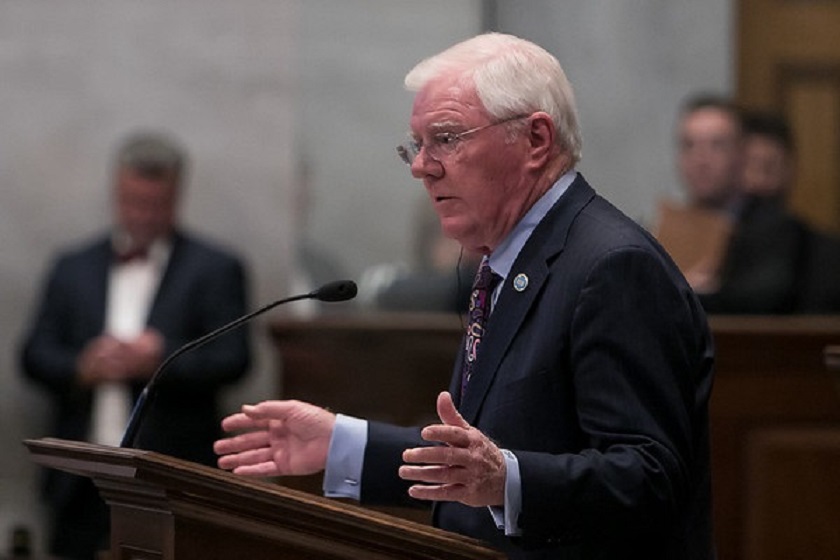

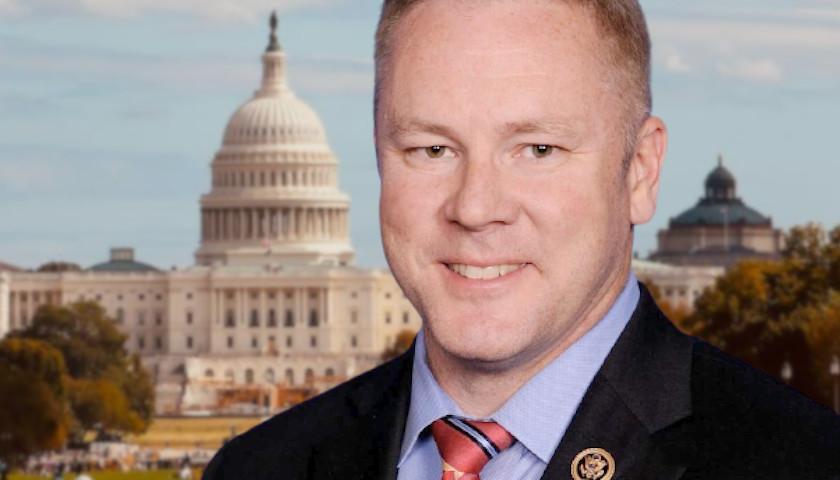
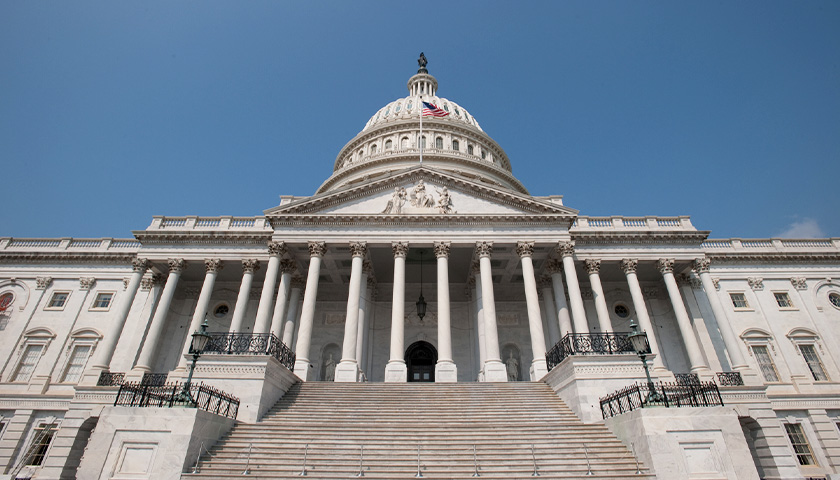
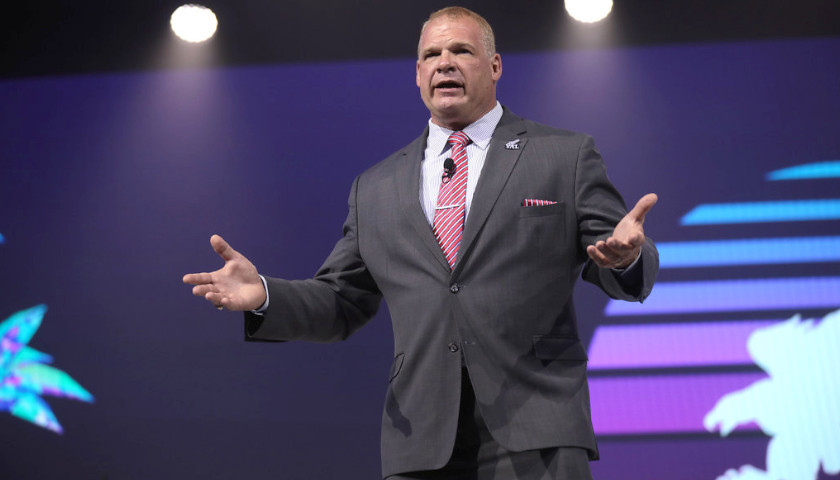
Holt “drawing on his economist background.” Hahahaha. I doubt the man has read an issue of the economist, far from actually practicing as an economist or taking a course in advanced economics. Taking Econ 101 does not an economist make more than taking intro biology gives me “a background as a doctor.”
For this magnitude of flip-flop, we should really see IMPROVEment in Mount Juliet!